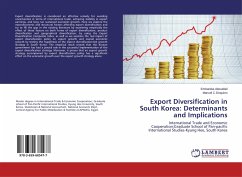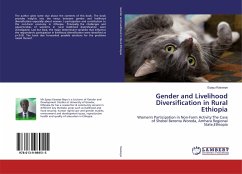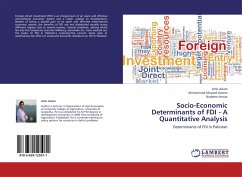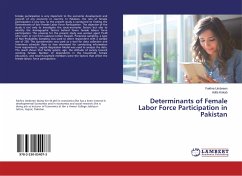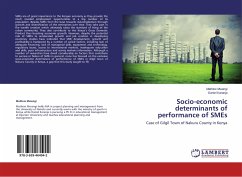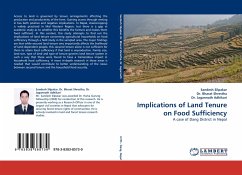Export diversification is considered an effective remedy for avoiding uncertainties in terms of international trade, achieving stability in export earnings, and long run sustained economic growth. Here we explore the macroeconomic and structural factors affecting export diversification and try to fill the gap in the existing literature by examining empirically the effect of these factors on both forms of export diversification, product diversification and geographical diversification, by using the Export Diversification Composite Index, as well as we examine the real impact of export diversification policy on export growth and overall economic growth by testing the hypothesis of the export diversification-led growth strategy in South Korea. The empirical result reveals that the Korean government has had a pivotal role in the successful implementation of the export diversification strategy. Moreover, it proves that an export growth strategy accompanied by export diversification policy has a significant effect on the economic growth over the export growth strategy alone.
Bitte wählen Sie Ihr Anliegen aus.
Rechnungen
Retourenschein anfordern
Bestellstatus
Storno

